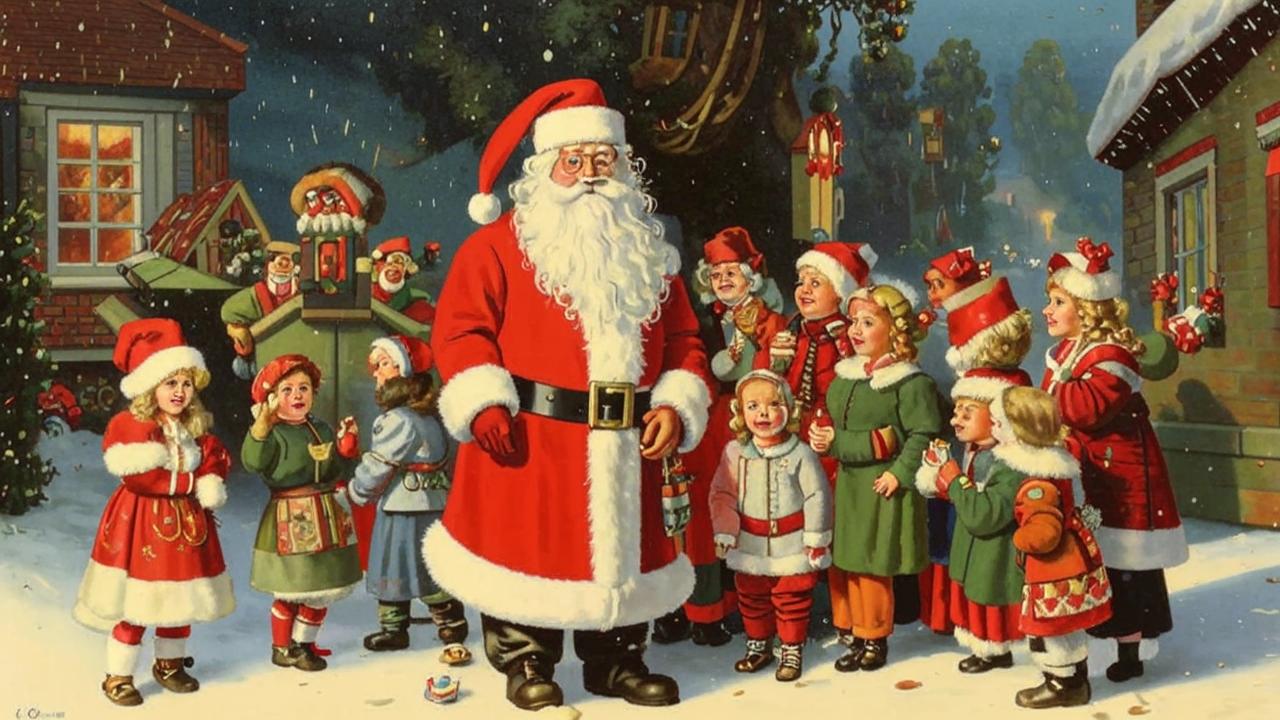No holiday is without traditions, and especially New Year’s Eve. On this day everything is magical and cozy in a special way. The family gathers together, a huge table is set with various delicious things. And the phrase “Don’t touch, it’s for New Year’s Eve!” has already become a meme. Today let’s talk about cozy traditions of the main holiday of the year, which came to us from the USSR.
Sweets on the Christmas tree
Decorating the Christmas tree in Russia was invented by Peter I. According to his good tradition, he brought this custom from abroad. It was in 1699. Peter I generally established the New Year on January 1, but in addition to this ordered to decorate Christmas trees on the streets for the holiday.
But the sweets on the New Year’s tree appeared later. The widest spread of this tradition was in the times of the USSR. Now it is no longer so popular, we are used to hanging toys on the tree.
But as long as there are people who continue to decorate the holiday tree with candy and other sweets, this tradition will live on.

Making wishes under the chimes
Before Soviet times, this tradition could hardly take hold. After all, only with the advent of radio and TV sets in most houses people could hear the chimes in their apartments.
Now it is a commonplace for us, when the president’s speech is broadcast on all channels, and then the chimes signal us the beginning of a new calendar year.
Some people just make a wish to themselves, some people burn a paper with a wish and pour the ashes into a glass, it all depends on your imagination.
Watching “Blue Light”
Members of the Zoomer generation and younger may not even know what the Blue Light is. Ask your grandparents, in Soviet times it was extremely difficult to imagine New Year’s Eve without this program.
This program began in 1962, it invited show business stars, actors, singers to perform holiday numbers and congratulate the whole country on New Year’s Eve. “Blue Light” is still broadcast on the federal channel on New Year’s Eve.
Service “Santa Claus at home”
We hope that the little ones will not get to this point, although, of course, we should all believe in Santa Claus again. In the USSR, students of theater universities were often invited to the house, dressed as a kind wizard with a bag of gifts.
Parents negotiated all the details in advance, then gave the gift to the animator. If you think about it, this is a very delicate operation. In no case can not allow the child to guess that in front of him is not a real wizard from Veliky Ustyug.
In kindergartens at the New Year’s Eve matinees always acted either head-housekeepers, or dads, or, if the case is worse, educators. As a rule, all the warmest memories from childhood are associated with these shows with dressing up. And how wonderful it is that this good tradition lives on.

Saving the tastiest things for New Year’s Eve
New Year’s Eve table bursting with different dishes is already a commonplace. We are used to the fact that for the holiday is always bought a crazy amount of products that will be eaten for weeks.
But it used to be due to the realities of Soviet life. People in the USSR knew what a commodity shortage was, some products were hard to get, and some were very expensive. Delicacies were bought in advance and put away, as they say: “For the holiday”.
A few days before the New Year, the whole family started cooking salads and bay, and on December 31, caviar, tangerines, and champagne were opened. Many people still associate some products and dishes with New Year’s holidays, don’t they?






